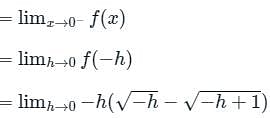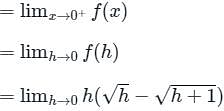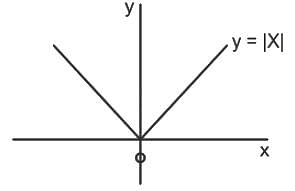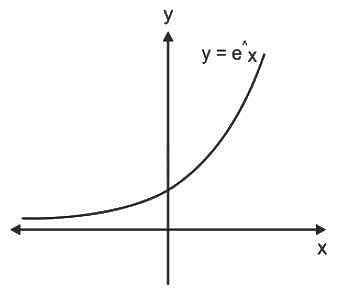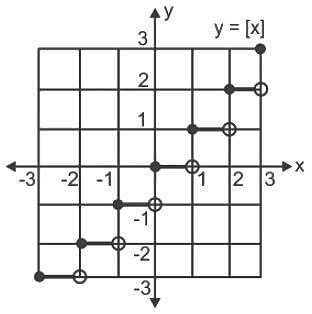Test: Differentiability(2 Sep) - JEE MCQ
Test Description
10 Questions MCQ Test - Test: Differentiability(2 Sep)
Test: Differentiability(2 Sep) for JEE 2024 is part of JEE preparation. The Test: Differentiability(2 Sep) questions and answers have been prepared
according to the JEE exam syllabus.The Test: Differentiability(2 Sep) MCQs are made for JEE 2024 Exam.
Find important definitions, questions, notes, meanings, examples, exercises, MCQs and online tests for Test: Differentiability(2 Sep) below.
Solutions of Test: Differentiability(2 Sep) questions in English are available as part of our course for JEE & Test: Differentiability(2 Sep) solutions in
Hindi for JEE course.
Download more important topics, notes, lectures and mock test series for JEE Exam by signing up for free. Attempt Test: Differentiability(2 Sep) | 10 questions in 20 minutes | Mock test for JEE preparation | Free important questions MCQ to study for JEE Exam | Download free PDF with solutions
Test: Differentiability(2 Sep) - Question 1
Consider the following in respect of the function f(x) = 10x :
- Its domain is (-∞, ∞)
- It is a continuous function
- It is differentiable at x = 0
Which of the above statements are correct?
Detailed Solution for Test: Differentiability(2 Sep) - Question 1
Detailed Solution for Test: Differentiability(2 Sep) - Question 2
| 1 Crore+ students have signed up on EduRev. Have you? Download the App |
Detailed Solution for Test: Differentiability(2 Sep) - Question 3
Detailed Solution for Test: Differentiability(2 Sep) - Question 4
Detailed Solution for Test: Differentiability(2 Sep) - Question 5
Test: Differentiability(2 Sep) - Question 6
Let f be a differentiable function defined for all x ∈ R such that f(x3) = x5 for all x ∈ R, x ≠ 0. Then the value of  is:
is:
Detailed Solution for Test: Differentiability(2 Sep) - Question 6
Test: Differentiability(2 Sep) - Question 7
Suppose the function f(x) = xn, n ≠ 0 is differentiable for all x. Then n can be any element of the interval
Detailed Solution for Test: Differentiability(2 Sep) - Question 7
Detailed Solution for Test: Differentiability(2 Sep) - Question 8
Test: Differentiability(2 Sep) - Question 9
Consider the following statements:
- The function f(x) = | x | is not differentiable at x = 1
- The function f(x) = ex is differentiable at x = 0.
Which of the above statements is/are correct?
Detailed Solution for Test: Differentiability(2 Sep) - Question 9
Test: Differentiability(2 Sep) - Question 10
Consider the following statements in respect of the function y = [x], x ∈ (-1, 1) where [.] is the greatest integer function:
- Its derivative is 0 at x = 0.5
- It is continuous at x = 0
Which of the above statements is/are correct?
Detailed Solution for Test: Differentiability(2 Sep) - Question 10
Information about Test: Differentiability(2 Sep) Page
In this test you can find the Exam questions for Test: Differentiability(2 Sep) solved & explained in the simplest way possible.
Besides giving Questions and answers for Test: Differentiability(2 Sep), EduRev gives you an ample number of Online tests for practice
Download as PDF






 then f(x) is
then f(x) is
 does not exist finitely.
does not exist finitely.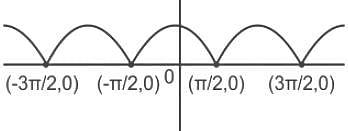


 then:
then:
